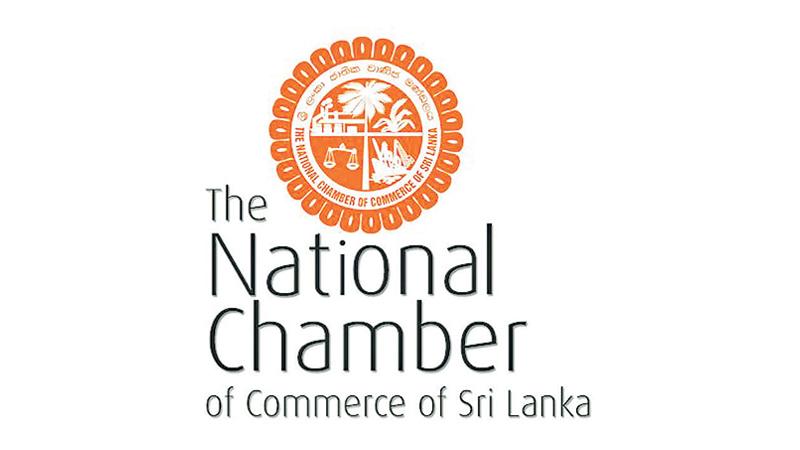
Officials of the National Chamber of Commerce of Sri Lanka (NCCSL) at a post budget discussion at the Chamber last week hailed the proposals to develop the infrastructure and livelihood in the North and the East to strengthen the reconciliation process.
“We commend the 2019 Budget for the emphasis on promoting national reconciliation through infrastructure and industrial development that will create income sources to people in the North and the East who look forward to a better living standard,” NCCSL President Asela de Livera said. The Chamber officials said that the measures to promote reconciliation in the Budget are not adequately recognised at post Budget evaluation fora which pay more attention to macro-economic issues undermining the importance of integration for economic development.
One hundred million rupees has been allocated through the Budget to develop the jaggery and toddy industry in the North and the East. A fund to develop the palmyrah industry has also been proposed in the Budget.
The government will allocate a further Rs.5,500 million to the Rs. 4,500 million to build 15,000 brick and mortar houses in the Northern and the Eastern Provinces. Two fisheries harbours at Pesalai and Mandaitivu will be built with an allocation of Rs. 113,000 million aimed at increasing fish exports which increased by 14% to Europe last year.
The National Chamber appreciated the government’s efforts to maintain policy consistency and the ongoing reform agenda without major deviations from the prevailing lines through the fiscal proposals despite challenging times.
The Chamber welcomes the allocation of Rs. 48,000 million for the ‘Gamperaliya’ village awakening program and Rs. 500 million for the ‘Enterprise Sri Lanka’ program and the allocations for houses for low income segments and allowances to differently-abled persons. Around 72,000 people with disabilities will be provided an allowance of Rs. 5,000 for which Rs. 4,300 million has been allocated.
“We thank the government for investments on education, improving school and university infrastructure and vocational training to enhance the skills of the youth. We also acknowledge allocations for health care and infrastructure development across the country,” De Livera said. The Chamber also hails the proposed tax concessions for large scale projects between US$ 100 million - US$ 1 billion and mid-sized investments between US$ 50 million - US$ 100 million to increase investments and proposals to increase female participation in the labour force and incentives to support differently-abled persons.
However, the Chamber also notes that improving the ‘Ease of Doing Business’ ranking, Global Competitiveness Index, the index on economic freedom and logistic performance index is paramount to attract investments to the country,
It is noted that increasing government revenue by over 20 percent this year compared to last year to meet the increase in the recurrent and investment expenditure while maintaining 4.4 percent fiscal deficit to the GDP would be an uphill task amidst a slow GDP trajectory.
State employees will receive an allowance of Rs. 2,500 from July.
The Chamber noteed that interest payments as a percentage of the total revenue will be over 35 percent and the composition of the indirect taxes as a percentage of the total taxes remains high and that it does not expect such parameters to change drastically within a year.
Partner, Gajma and Company, N.R. Gajendran said the Budget was presented consequent to many trials and tribulations late last year. We must commend the government for continuing the policies.
The primary account surplus recorded for two years must be commended.
Gajendran said consistency and implementation of policies is crucial to achieve the development goals. Consistency in trade policies in South Korea has helped the country to be a leading economy in the world today. Intentions can be good but implementation is what matters most. Tax concessions given to companies should also be given to individuals as most of the SMEs are sole proprietorship enterprises.
A company is eligible to a 14 percent tax concession if its gross income is from exports.
